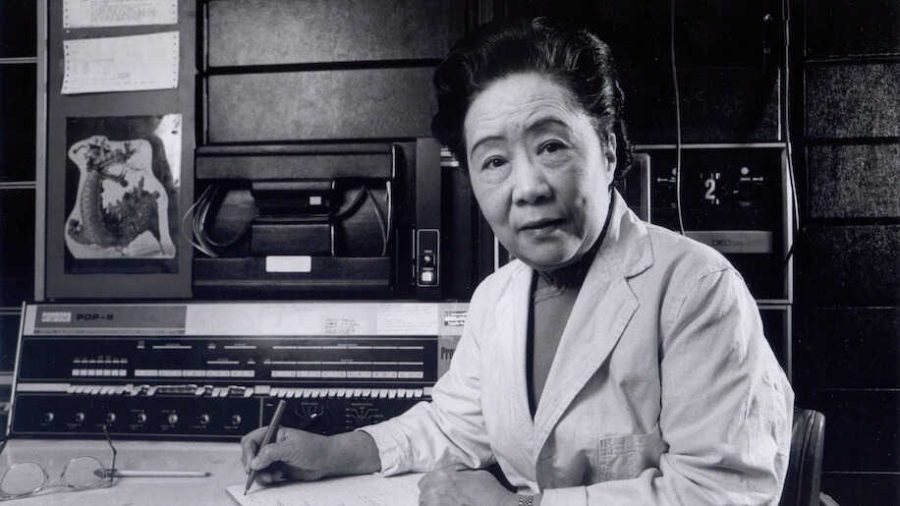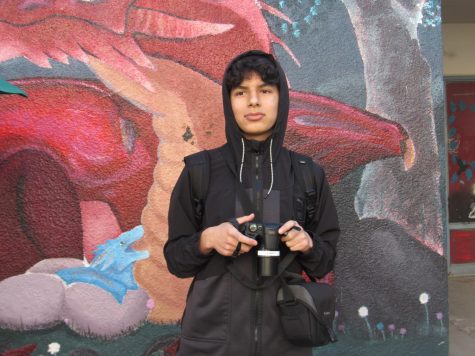Chien-Shiung Wu
In honor of Asian American and Pacific Islander Heritage Month, every school day The Cardinal will feature a prominent and historical Asian American or Pacific Islander, living or dead, who has worked toward change, advancement, and/or world peace. Some of them are heroes, and some are unsung heroes, who deserve recognition, and have made a contribution to society.
May 18, 2023
Chien-Shiung Wu was a Chinese-American physicist who made groundbreaking contributions to the field of nuclear physics.
Wu was born in China in 1912 and moved to the United States to pursue a PhD in physics at the University of California, Berkeley. She went on to work at Columbia University, where she made many important contributions to the field of nuclear physics. One of Wu’s most significant contributions was her work on the Wu experiment, which helped to disprove the principle of parity conservation in nuclear physics. The principle of parity conservation states that the laws of physics are the same for a system and its mirror image. Wu’s experiment showed that this principle did not hold true in all cases, which had significant implications for the field of particle physics. Wu’s work on the Wu experiment was groundbreaking and earned her many accolades, including the first Wolf Prize in Physics in 1978.
However, she faced significant obstacles throughout her career due to her gender and ethnicity. Wu was often overlooked and excluded from important research opportunities, and she faced discrimination and bias throughout her career. Despite these obstacles, Wu continued to work in the field of physics and make important contributions to the field. Her work on the Wu experiment helped to change the way physicists think about the fundamental laws of the universe, and her legacy continues to inspire young scientists today. She is a true unsung hero in the field of physics and a testament to the power of perseverance and determination.


